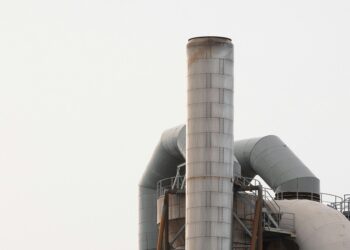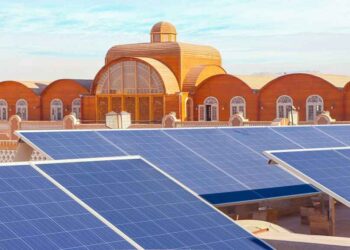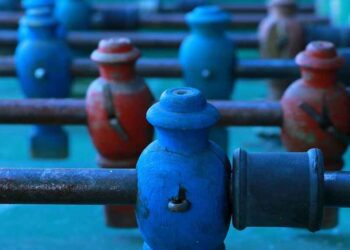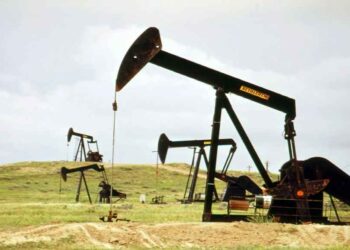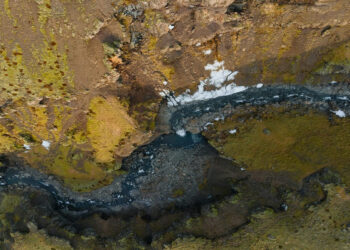Qatar Petroleum was to build a further grass roots refinery at Mesaieed Industrial City, Qatar, to process crude oil from the Al Shaheen field situated about 180km north of Doha and operated by Maersk Oil Qatar AS. However, in May 2010 Qatar Petroleum announced that the project was to be postponed indefinitely. The decision came after the project costs increased to more than $6bn.
The Al Shaheen field, which was discovered in 1992 and developed in 1994, produces over 260,000bpd, but has the potential for 400,000bpd over the next five years should demand and processing capacity allow (over $2.5bn has already been invested in the field).
The field’s crude oil production is currently taken by customers from a floating production storage and offloading vessel in the block 5 field. The field also produces gas, which is piped for use in Mesaieed-based facilities.
Part of the new refinery project was to involve the construction of an offshore and onshore pipeline to supply the new refinery. Qatar Petroleum said that the refinery was part of a plan ‘to increase crude oil production capacity from 850,000 to one million barrels a day’. In May 2010, however, Qatar Petroleum announced the postponement of the project indefinitely. The decision came after the project costs increased to more than $6bn.
Qatar Petroleum is instead planning to double the installed capacity at its 146,000bpd Ras Laffan, which was launched in September 2009. It will also concentrate on awarding contracts for a new refinery that will be similar to the Ras Laffan refinery by the end of 2010.
Qatar refinery
“In May 2010 Qatar Petroleum announced that the Al Shaheen refinery project was to be postponed indefinitely.”
The Al Shaheen project was to be executed in two phases. The first phase was to involve the construction and operations of a hydrocracker and a crude distillation unit (CDU). The second phase included a fluidised catalytic cracking unit (FCCU).
Jacobs Engineering, in conjunction with Beicip of France, were the two companies that undertook the pre-front-end engineering and design (FEED) work on the Al Shaheen refinery project. In August 2007 Technip was awarded a lump sum FEED and project management contract for the refinery.
The contract, which was worth an estimated $60m, was undertaken by Technip’s Paris and Abu Dhabi design offices and completed by the third quarter of 2008.
The work involved a refinery with a capacity of 250,000bpd of crude oil from the Al Shaheen field. The refinery products would have included high-grade fuel products such as petrol, diesel oil, gas oil and jet fuel.
A crude oil transport pipeline from the Al Shaheen field to Mesaieed Industrial City was also planned, including a 90km offshore section, a 110km onshore section and also other required import / export infrastructure at Mesaieed.
Technology for the refinery was to include special conversion units for the upgrading of bottom-of-barrel products to increase the production of marketable fuel distillates. The refinery was also expected to produce green coke and bitumen. The units were planned for operations by the end of 2011.
Al Shaheen refinery units
Construction was scheduled to start by the end of 2008. The call for bid tenders for the engineering procurement and construction (EPC) contract was made in early January 2008 and expressions of interest were made by mid-January.
“The total cost of the Al Shaheen project was estimated at $5bn.”
The total cost of the project, including the refinery and pipeline, was estimated at $5bn. Qatar Petroleum was to finalise the prequalification and invite bids for the lump sum EPC construction contract by November 2008 and finalise the contract in November 2008. This was, however, postponed to March 2010, but did not happen because the announcement of indefinite postponement was made in May 2010.
Interest was shown by a number of companies including: Daelim Industrial Company, GS Engineering & Construction, Hyundai Engineering & Construction Company and SK Engineering & Construction, Technip of France, Foster Wheeler and Washington Group International.











































